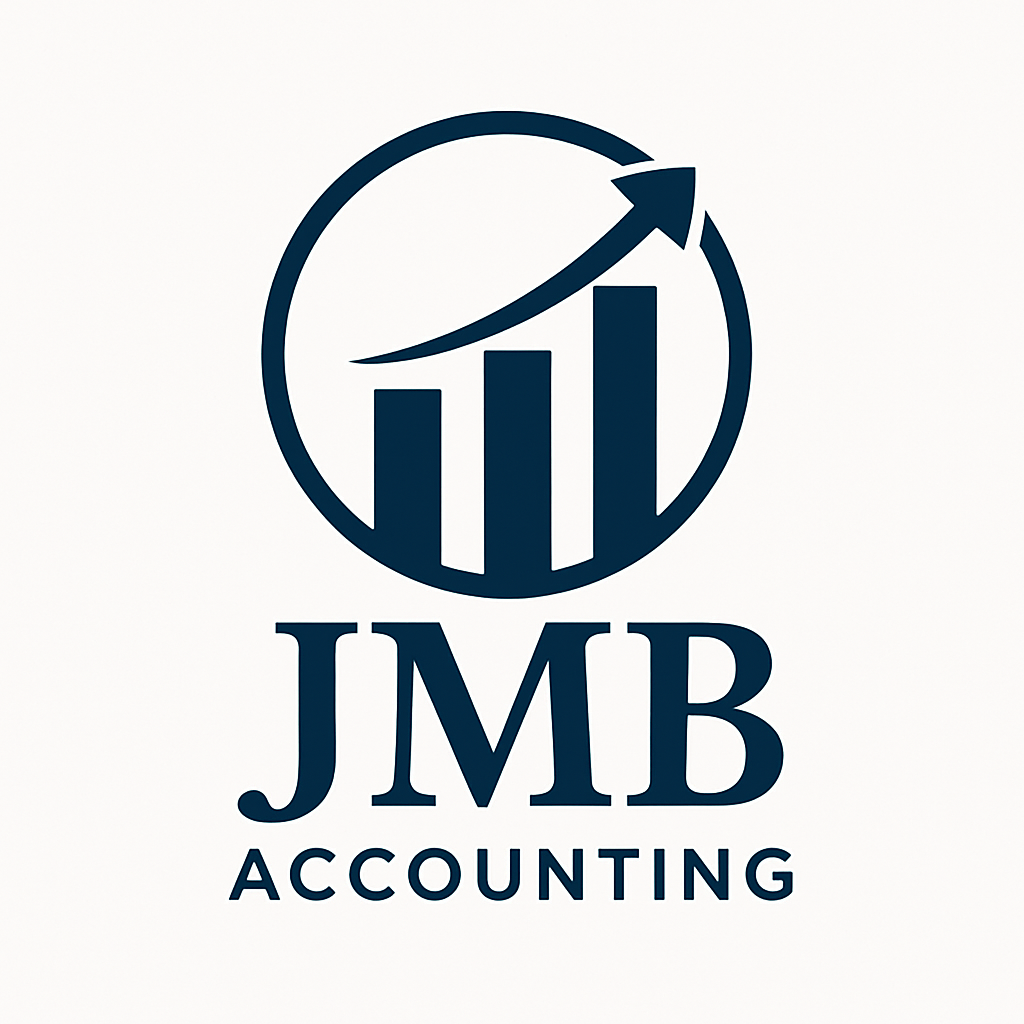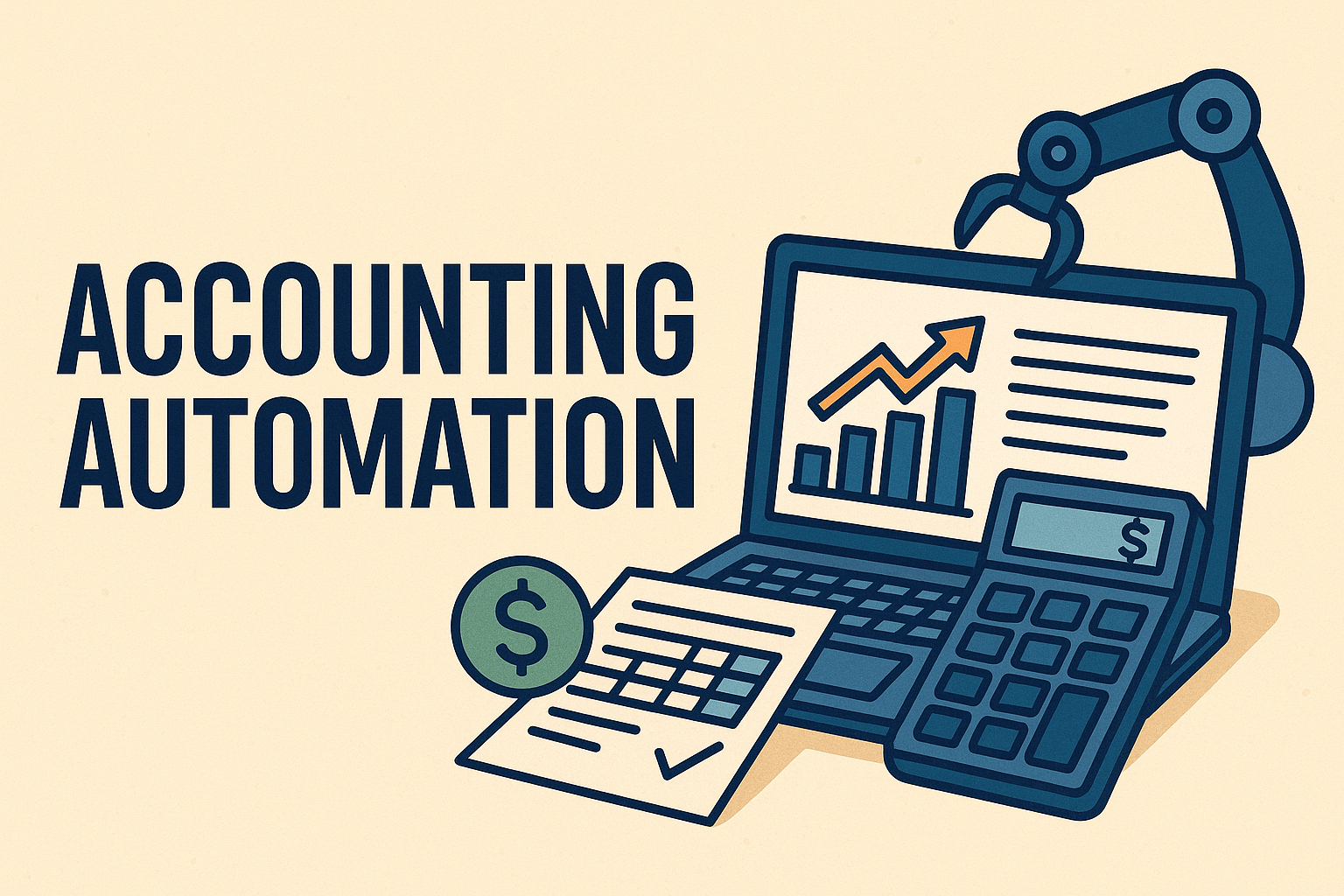In today’s fast-paced business environment, organizations of all sizes are under constant pressure to operate more efficiently, make smarter financial decisions, and maintain compliance in an increasingly complex regulatory landscape. One of the most significant advancements reshaping the financial world is accounting automation—the use of technology to handle repetitive accounting tasks with minimal human intervention.
What Is Accounting Automation?
Accounting automation refers to the integration of software and artificial intelligence (AI) to manage financial processes such as data entry, reconciliation, payroll, invoicing, and reporting. Instead of manually inputting transactions or compiling spreadsheets, finance teams can rely on automation tools to perform these functions quickly, accurately, and consistently.
Key Benefits of Accounting Automation
1. Time Savings Automation eliminates tedious tasks such as bank reconciliations and journal entries, allowing accountants to focus on strategic activities like financial planning and analysis. This leads to increased productivity across the board.
2. Error Reduction Manual accounting is prone to errors, especially in data entry. Automated systems reduce human error by validating data and performing real-time checks, ensuring the integrity of financial records.
3. Real-Time Reporting Automated platforms offer dashboards and live updates, giving business leaders instant access to key financial metrics. This enables faster decision-making and a better understanding of a company’s financial health.
4. Cost Efficiency By streamlining operations and reducing the need for manual labor, automation lowers operational costs. Small businesses, in particular, benefit from being able to do more with fewer resources.
5. Compliance and Security Automation helps ensure compliance with tax laws and accounting standards by maintaining consistent records and producing audit trails. Many solutions also come with built-in security features to protect sensitive financial data.
Popular Tools and Technologies
Some of the most widely used accounting automation tools include:
QuickBooks Online – for automated invoicing, expense tracking, and bank syncing.
Xero – cloud-based accounting with integrations for payroll and inventory.
Bill.com – automates accounts payable and receivable workflows.
Expensify – streamlines employee expense reporting and reimbursement.
AI and Machine Learning – used in modern ERP systems like NetSuite and Oracle to predict trends and detect anomalies.
The Role of Accountants in an Automated World
Contrary to popular belief, automation is not replacing accountants—it’s redefining their roles. As routine tasks are handled by software, accountants are increasingly becoming strategic advisors. They interpret data, provide insights, manage risk, and help steer business growth.
Challenges to Consider
Despite its many advantages, implementing accounting automation does come with challenges:
Upfront Costs: Some automation tools require significant investment, especially for enterprise solutions.
Change Management: Shifting from manual to automated processes can face resistance from staff accustomed to traditional methods.
Data Migration: Ensuring data accuracy when transitioning to new systems is critical to success.
Looking Ahead
The future of accounting is undeniably digital. With the rise of artificial intelligence, blockchain, and real-time data analytics, accounting automation will continue to evolve. Companies that embrace these technologies will gain a competitive edge through better decision-making, lower costs, and increased agility.
In summary, accounting automation is not just a trend—it’s a fundamental shift in how financial operations are conducted. As technology continues to advance, businesses must adapt or risk being left behind in an increasingly automated world.

